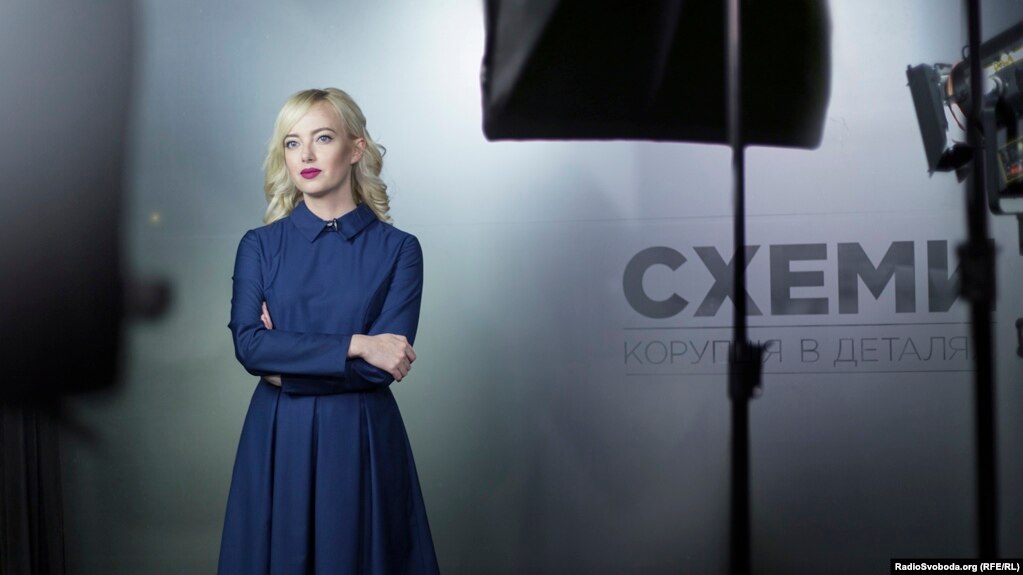RFE/RL Welcomes ECHR Ruling On Journalist’s Cellphone Data Protection Case
RFE/RL welcomed today’s ruling by the ECHR affirming RFE/RL Ukrainian Service journalist Natalia Sedletska’s petition.

WASHINGTON, D.C. — Radio Free Europe/Radio Liberty (RFE/RL) welcomed today’s ruling by the European Court of Human Rights (ECHR) affirming RFE/RL Ukrainian Service journalist Natalia Sedletska’s petition against efforts in 2018 by Ukraine’s Office of the Prosecutor General to broad and unwarranted access to data on her cellphone.
“RFE/RL applauds this ruling, which protects the confidentiality of journalistic communications and sets limits for executive power,” said RFE/RL President Jamie Fly. Fly continued, “The work of investigative journalists, by its nature, is hard and often dangerous. Such journalism empowers the public to hold authorities accountable for their actions. Credible investigative journalism cannot be done in an atmosphere of official impunity, and without the certainty that exchanges between source and journalist will remain private.”
Sedletska, a reporter with RFE/RL’s Ukrainian Service who hosts the award-winning investigative TV program Schemes, first petitioned the ECHR in August 2018, following a Ukrainian court’s approval of a request by Ukraine’s prosecutor-general’s office to allow investigators to review all data from Sedletska’s cell phone from July 1, 2016 through November 30, 2017.
The request was made in the context of a disclosure of state secrets investigation the office was pursuing against Artem Sytnyk, director of the National Anticorruption Bureau of Ukraine (NABU).
During the period covered by the request, Schemes reported on several investigations involving senior Ukrainian officials, including Prosecutor-General Yuriy Lutsenko.
On August 27, 2018 an appellate court in Ukraine ruled to restrict the original request to geolocation data from around the offices of NABU in Kyiv, but upheld the original timeframe. That same day, the ECHR issued an interim measure banning the Ukrainian government from accessing Sedletska’s cellphone data, to give her time to prepare a full complaint. Several weeks later, on October 16, 2018, the ECHR extended the ban “until further notice,” according to an official letter sent to RFE/RL.
International human rights and press freedom groups have spoken out in support of Sedletska, including the Organization for Security and Co-operation in Europe (OSCE), the Committee to Protect Journalists (CPJ), and Reporters Without Borders (RSF). On December 12, 2018 the European Parliament adopted a resolution on Ukraine, which expressed the body’s “concern at the recent ruling by a Ukrainian court that provides access to the mobile phone data of an investigative reporter from Radio Free Europe/Radio Liberty (RFE/RL) and emphasized the fundamental importance of media freedom and protecting journalists’ sources, especially in the fight against corruption.”
For more information, contact press@rferl.org.
###
About RFE/RL
Radio Free Europe/Radio Liberty (RFE/RL) is a private, independent international news organization whose programs — radio, Internet, television, and mobile — reach influential audiences in 23 countries, including Russia, Ukraine, Iran, Afghanistan, Pakistan, the republics of Central Asia and the Caucasus. It is funded by the U.S. Congress through USAGM.